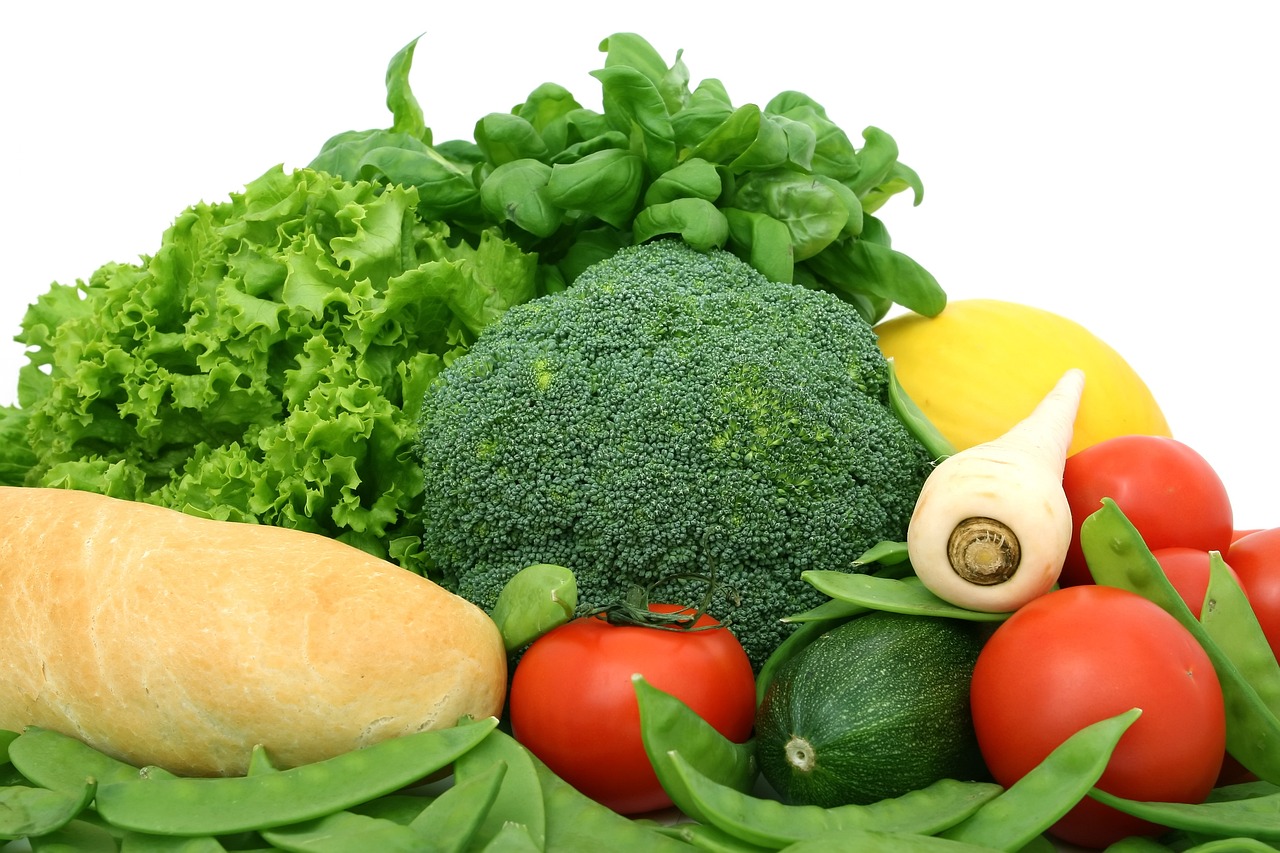
Eat 30 types of plants every week
"The more types of plants you eat, the more diverse your gut microbiome is," Spector explains.
Studies have shown that a diverse gut microbiome is linked to longer life and better overall health. Meanwhile, an imbalanced microbiome can cause health problems such as enteritis, infections and arteriosclerosis, according to Cleveland Clinic (USA).
While 30 plants per week sounds like a lot, according to Spector, it gets easier if you include nuts, seeds, beans, whole grains, spices, herbs, fruits and vegetables. The results count.
Eat "rainbow"
According to Spector, eating more brightly colored fruits and vegetables nourishes the variety of bacteria in the gut, which supports health in many ways. That's because plants get their color from polyphenols, which act as fuel for the gut because they nourish good bacteria.
In addition to brightly colored foods, Spector recommends consuming foods that have a bitter or astringent taste, such as coffee, extra virgin olive oil, and berries.
Eat a little fermented food every day
A 2021 study cited by Spector found that eating more fermented foods for 17 weeks increased gut bacterial diversity and reduced markers of inflammation. Recommended fermented foods include kefir, yogurt, fermented cottage cheese, fermented vegetables, fermented plant-based drinks, and kombucha.
Eating lots of fermented foods like yogurt for 17 weeks increased the diversity of gut bacteria and reduced signs of inflammation. Photo: Freepik
Eating lots of fermented foods like yogurt for 17 weeks increased the diversity of gut bacteria and reduced signs of inflammation.
Give your intestines a rest
Eating within a 10 to 12 hour window helps the bacteria "get a good night's sleep" for 12 to 14 hours overnight. This allows certain bacteria to clean the intestinal lining and keep it healthy.
A 2023 study showed that eating within a limited time frame improves or reverses the underlying factors that lead to metabolic disease and gut dysbiosis. However, it should be noted that many of these studies were performed on mice and that research on this issue is in its early stages.
Eat less processed foods
Spector's final advice is to reduce your consumption of ultra-processed foods.
A measure of food classification based on how it is processed - ultra-processed foods are produced using methods that are difficult to reproduce at home and look nothing like the ingredients from which they are made. Eating a lot of ultra-processed foods is linked to many health problems, including a higher risk of cancer and dementia.